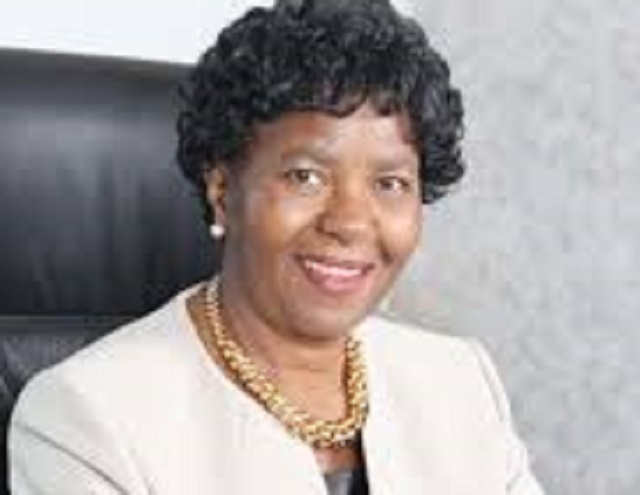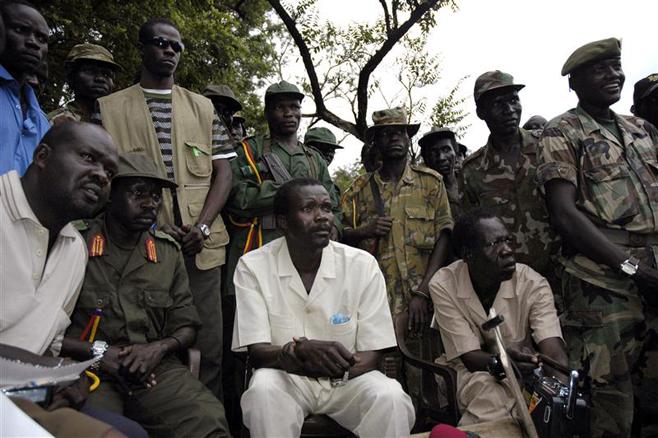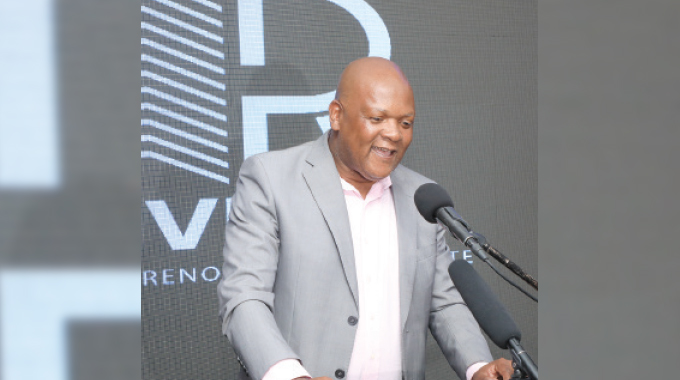Zesa tariff hike rejected

Prosper Ndlovu, Business Editor
THE Zimbabwe Energy Regulatory Authority (Zera) has rejected a proposal by the Zimbabwe Electricity Transmission and Distribution Company (ZETDC) to increase electricity tariffs this year.
The power utility, which is struggling to recover up to $1 billion owed to it by consumers, had applied for a 49 percent upward review of the electricity tariff from the current level of USc9.86/kwh to USc14.69/kwh.
Industry executives and economic experts had roundly condemned the proposal during consultations — fearing the move could worsen the cost burden for a majority of struggling firms and domestic consumers.
ZETDC’s argument was that the proposed review, in the context of power imports due to low domestic generation of about 1 000MW against average 2,200MW demand, was to correspond with revenue requirement of $1,218 billion for the supply of 8,296 GWh of electricity.
In a statement, Zera board chair Dr Ester Khosa said wider consultations concluded that the proposed increase could not be allowed.
As part of the tariff review process, Zera had conducted consultations with various stakeholders, which included consumer groups, other regulators and policy makers.
The consumer groups included mining, agriculture, commercial, industrial and domestic. The consultations were done through public hearings, individual written submissions including direct meetings and presentations to principals.
“After duly considering the tariff application, the written and oral submissions from various consumer groups and stakeholders as well as facts and evidence provided by ZETDC, the Zera board on July 14, 2016, made a determination that the current average tariff of USc9,86/kwh be retained for the year 2016,” said Dr Khosa.
In coming up with the decision, she said, the board considered several parameters that include the performance of the economy in 2015 to date, the on-going efforts by the Government to improve the ease of doing business, the need to support the Government to reduce the cost of doing business, need for utilities to improve efficiency levels as well as implementing cost cutting measures and the views and concerns of various stakeholders.
Going forward, Dr Khosa said Zera would engage an international consultant to examine the underlying cost structures of the utilities and recommend potential areas of cost savings and efficiency improvements.
“This is key in securing security of supply given the increased cost of supply due to changes in the energy mix. Furthermore, there is a need to reprioritise new projects, improve revenue collection given high levels of debt and reduce losses,” said the board chair.
She urged consumers of electricity to act responsibly through payment of their bills on time as well as implementing energy efficient and demand side management programmes to ensure that the available electricity is used productively and prudently.










Comments